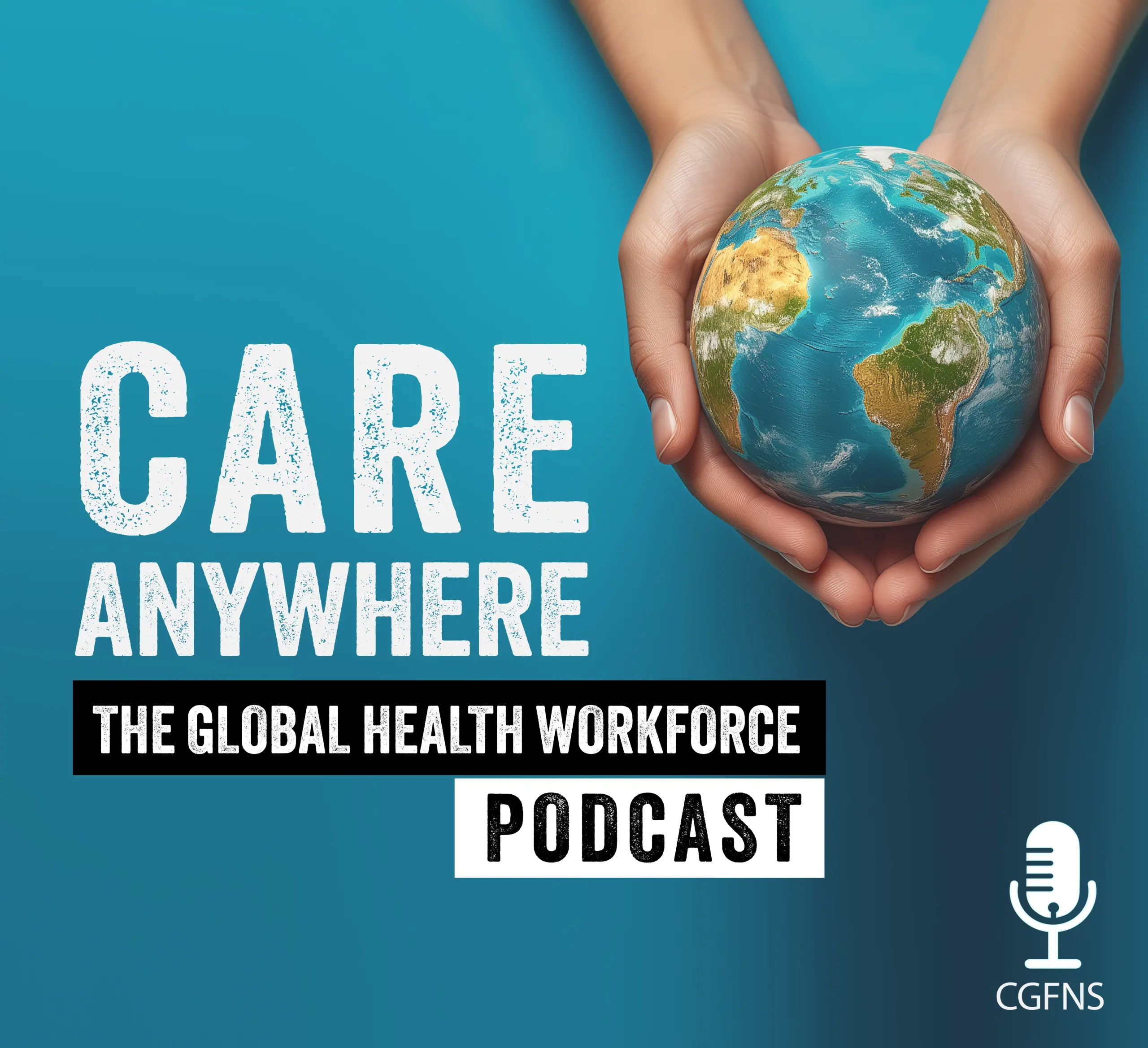Giving Back to Support Nursing Education
In this episode of Care Anywhere, host Lea Sims sits down with Louis Brownstone, President of WorldWide HealthStaff Solutions, to explore how one of the largest global staffing organizations is giving back to nursing education in meaningful, long-term ways. While known for their direct hire placements across the U.S. and Middle East, WorldWide is also investing in workforce development at the source—particularly through educational initiatives across Africa.
Louis shares how his early international experiences shaped his commitment to global citizenship, ultimately leading to his collaboration with Books for Africa, a nonprofit that donates millions of books annually to educational institutions across the continent. Since joining WorldWide HealthStaff, Louis has expanded the program’s reach—delivering over 300,000 books to countries including Ghana, Kenya, Malawi, and Ethiopia, with an emphasis on high-quality medical and nursing education materials.
The episode explores the far-reaching impact of this work—from empowering nursing students with better educational resources to strengthening economies through remittances sent home by health workers working abroad. Louis and Lea also discuss the nuanced challenges of healthcare workforce mobility and how strategic reinvestment, ethical recruitment, and collaborative development efforts can help create a more equitable global system.
Whether you’re a healthcare leader, policymaker, or global health advocate, this conversation offers a compelling look at the intersection of recruitment, education, and reinvestment—and why becoming a “global citizen” means giving back.
Listen now at trumerit.org/podcast or wherever you get your podcasts.




